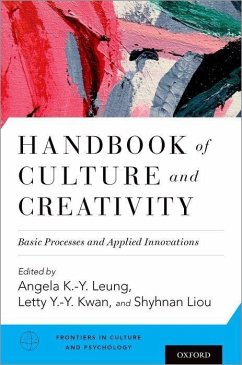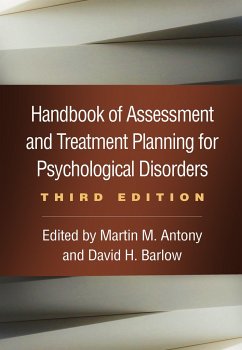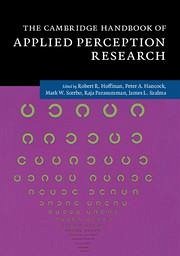
APA Handbook of Humanistic and Existential Psychology
Volume 1: History, Research, Philosophy, and Theory; Volume 2: Clinical and Social Applications
Herausgeber: Hocoy, Dan; Tummala-Narra, Pratyusha; Hoffman, Louis; Vallejos, L. Xochitl; Derobertis, Eugene
Versandkostenfrei!
Erscheint vorauss. 28. Februar 2026
462,99 €
inkl. MwSt.

PAYBACK Punkte
231 °P sammeln!
The 2-volume APA Handbook of Humanistic and Existential Psychology provides a comprehensive overview of the rich history, diverse theoretical perspectives, clinical and social applications, and important emerging issues and directions in the field. The chapters in this Handbook comprise a broad spectrum of coverage from the earliest foundations of humanistic and existential psychology to exciting future developments, including in-depth discussion of: * Important theorists upon whose work the field was built and developed * Aspects of human nature and existence, including creativity, freedom...
The 2-volume APA Handbook of Humanistic and Existential Psychology provides a comprehensive overview of the rich history, diverse theoretical perspectives, clinical and social applications, and important emerging issues and directions in the field. The chapters in this Handbook comprise a broad spectrum of coverage from the earliest foundations of humanistic and existential psychology to exciting future developments, including in-depth discussion of: * Important theorists upon whose work the field was built and developed * Aspects of human nature and existence, including creativity, freedom, social connectedness, authenticity, meaning making, and self-actualization * The relationship of humanistic and existential psychology to other approaches, such as positive psychology, community psychology, and liberation psychology * Multiculturalism, diversity, and social justice in relation to practice, research, and theoretical development within humanistic and existential psychology This Handbook is both a map of the current landscape of humanistic and existential psychology and a guide to where the field is headed. Researchers, practitioners, and students in psychology and related fields will learn how to incorporate a broad array of theoretical approaches use quantitative, qualitative, and participatory methodologies and apply the principles of humanistic and existential psychology to their practice, scholarship, and social advocacy.












